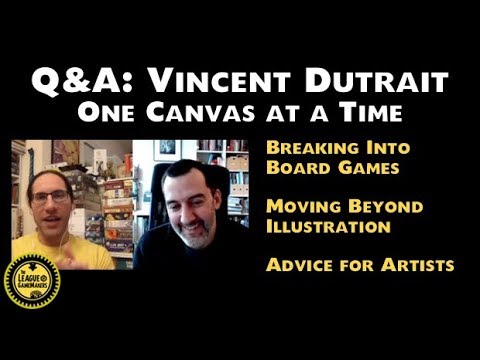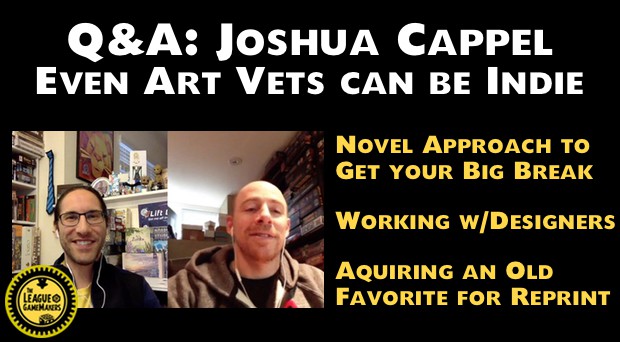
This article was inspired by a rather in depth discussion on the Card & Board Game Designers Guild on Facebook. The question posed by our own Luke Laurie was “What are the top 10 tabletop games should every designer play?” Of course, his question was born out the League’s challenge from Jamey Stegmaier to create such a Top 10 list. Check out our articles on the subject as well as the dialogue on facebook. But, what instigated this article was this comment on that facebook thread:

To which Luke replied:
Luca received some harsh backlash on his comment. Some warranted. Some just mean. The best reply to Luca’s question of relevance was made by Daniel Weber:

Then, what caught my attention was Luca’s later addition:

I resonate with Luca on this last statement. Are we designers “losing the love of just playing”? I hope not. But, if I’m honest, I have to admit that my gaming experience since starting to design games had, at some point, become less fun. I began concentrating so much on mechanics, lessons I could learn, and ways I would have made the game different if it were my design, that I stopped actually enjoying the play of the game.
WHEN I REALIZED THAT THIS HAD HAPPENED, HOWEVER, THE ANSWER WAS NOT TO STOP PLAYING.
The answer was not to stop studying the games and critiquing the mechanics. When I realized that I didn’t have as much fun playing games as I used to when I was a naive consumer, I realized that
WHAT NEEDED TO CHANGE WAS MY DEFINITION OF FUN.
I get this in my work as an actor, too. The more I study my craft, the less I am able to just watch a movie for the fun of it. But what is fun is the learning, the critique.
What is fun as a game designer is playing a game for one hour and spending three more hours dissecting it. What is fun is playing a mechanic that is new to you and then diving into your latest prototype to see if what you just loved about your newly bought game could be integrated in a clever way in your newly designed game.
It’s true that there is nothing new under the sun. Everyone in any artistic work is, in some way, redoing that which has already been done. But the fun of it is the challenge to make it feel new.
You are right, Luca, it is lame to play a game which is an obvious rip-off of another popular game. If any designer tells me their new idea is “like Magic but better” I say, “No its not.” But the great games are going to come out of designers playing games, finding fun mechanics within those games and then going back to their drafting table and developing those mechanics into something brilliant.
So, the challenge, fellow game makers: play more games! Have fun with them. Have fun critiquing. Have fun tearing them apart. Have fun playing. And then figure out how you can allow the rest of us to have that level of fun with your new design. Our challenge is to take what’s been done and do something different with it. Something fun. Because, as Luke Laurie is fond of saying,
THE GREATEST GAMES ARE YET TO BE MADE.
GO PLAY.







